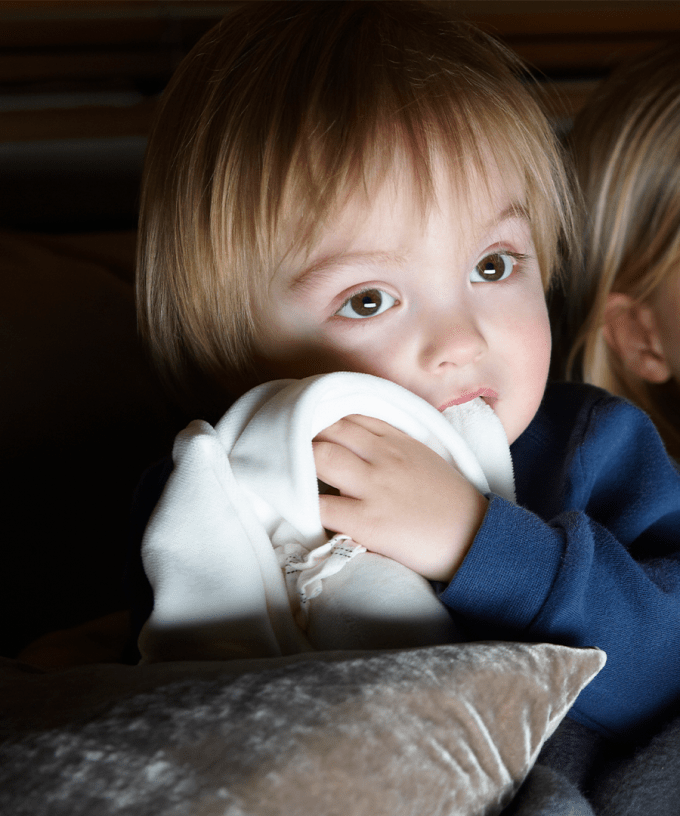Australian children exposed to news coverage are facing significant rates of distress, prompting expert warnings for parents and carers to keep an open dialogue about current events.
Nearly one in three children have felt upset by news coverage in the past three months, according to a poll by The Royal Children’s Hospital.
Primary school-aged children were the most commonly affected, closely followed by teenagers, and then pre-schoolers. Children with poor or fair mental health were worse off than others.
In rare cases, exposing children to traumatic news could trigger post-traumatic stress disorder relating to past experiences, paediatrician Dr Anthea Rhodes warned.
“Different children cope in different ways,” she said.
“Children under eight are more likely to be frightened by things that look scary such as graphic footage of injuries and natural disasters.
“As children get older they develop the capability for abstract thought, so they’re more likely to be worried or upset about things they can realistically see hurting them or their friends and family.”
Of 1775 parents surveyed, only about half were confident talking about distressing news with their children.
The finding showed parents and carers needed better support to have those talks, particularly as discussing distressing news with them was an important coping mechanism for children, Dr Rhodes said.
“It may not always be obvious that a child is upset or worried about news coverage, so it is good for parents to get in the habit of asking their kids what they’ve seen or heard in the news lately and whether they have any questions about it,” she said.
Parents and carers should start by asking children what they know about a topic, and go on to tailor their answers to their children’s age and experiences, according to The Royal Children’s Hospital.
They should offer children plenty of reassurance that they are safe and everything will be OK, and move on to another activity afterwards to avoid dwelling on the topic.
It was also a good idea for parents and carers to limit children’s news exposure to what was appropriate for their age and stage of development, Dr Rhodes said.
“While we cannot always stop young children from being exposed to distressing news, parents can try to limit their exposure, or co-view with their children,” she said.
“Journalists, media and government also have a role to play in considering what and how news is reported, and that classifications are in place to limit our children’s exposure to traumatic news.”







